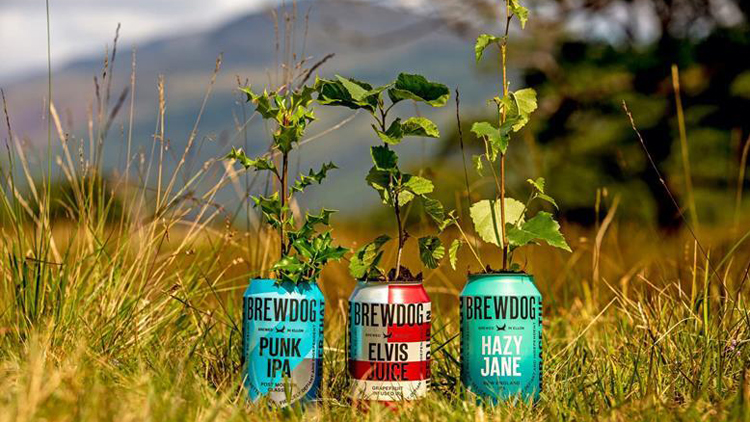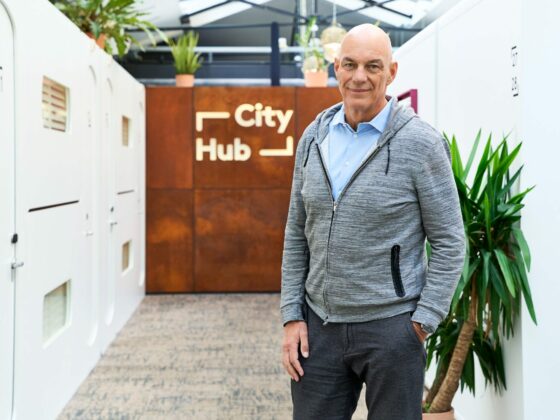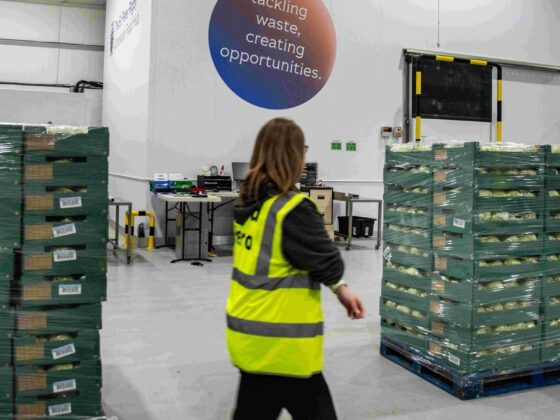
In an email to shareholders, new BrewDog CEO James Arrow said the high cost of purchasing credits and a desire to focus on reducing its own emissions were behind the move.
“We were proud to become the first carbon negative beer company back in 2020. Unfortunately, the market for carbon credits has changed since then,” Arrow wrote.
“That’s why we’ve taken the decision to exit the carbon market so we can focus on reducing emissions in our operations and supply chain.
“It means that we’ll be letting our carbon negative claim lapse over the next few months.”
To make and sustain its claim to be a carbon negative brewery, BrewDog had previously purchased carbon credits to offset unavoidable emissions from the production and distribution of its beer.
These credits were used to fund projects such as forestry management, tree planting and mangrove restoration.
‘Unsustainable’ market
In a sustainability progress report shared with The Grocer, one of Restaurant’s sister sites, BrewDog shed further light on its decision to exit the carbon credit market, which it described as having become “unsustainable”.
“The market has grown exponentially as companies and governments look to offset their emissions,” the brewer said. “As a consequence, there has been a flood of low-quality schemes that are dirt cheap but where the carbon benefit is highly questionable, and maybe even non-existent.”
At the same time, the number of high-quality schemes had shrunk and the costs had “gone through the roof”, BrewDog claimed. It said the cost of buying credits was “now so astronomical” that the only way for it to sustain a carbon negative claim was “at the expense of our own sustainability initiatives”.
The brewer added: “That would be crazy. It would be like cutting out fruit & veg so you can afford to buy vitamin supplements!”
In place of buying credits, BrewDog would “double down on our emissions reduction strategy” and investment in its Lost Forest tree planting project.
“Some people will be disappointed that we’ll be relinquishing our carbon negative claim, but the use of funds we’d otherwise spend on carbon offsets is better invested in facilitating the decarbonisation of our process,” the brewer added.
’Yet another failed promise’
Bryan Simpson, lead organiser for Unite Hospitality, said BrewDog’s decision was an example of “yet another failed promise from a company that seems to pride itself on abandoning any and all moral commitments to workers and the planet”.
“Whether it be on refusing to meet workers over the abandonment of the real living wage or claiming to be the first carbon negative brewery in the country, BrewDog appear to have given up on being the ethical business that their whole brand is built on,” he said.
“They may have a new CEO but things appear to have gotten even worse.”
BrewDog suffered a major setback with its Lost Forrest project earlier this year after poor weather on the east coast of Scotland caused half of the saplings planted to die.
BrewDog’s founder and then CEO James Watt reaffirmed the brewer’s commitment to rebooting the project, which was the recipient of a £1.2m grant from government agency Scottish Forestry.
In December 2023, BrewDog was rapped by the ASA for failing to substantiate claims about the carbon negative credentials of its beer.
In a social media advert published in July, the brewer failed to make clear on what basis its beers could be considered to be carbon negative, the ASA ruled.











